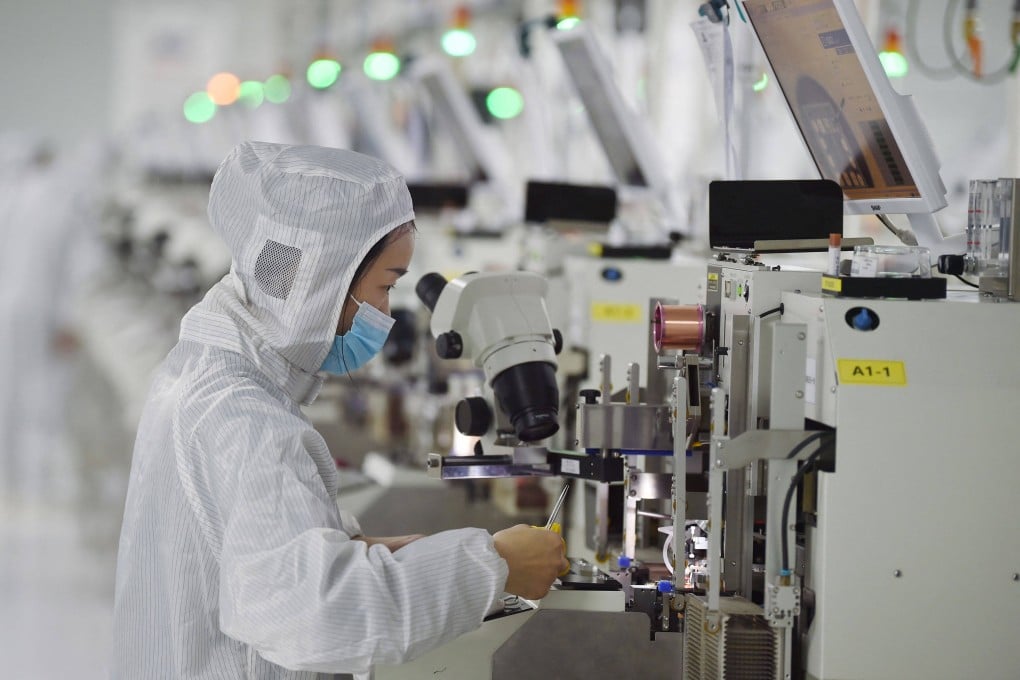Global Impact | US-China tech takes a turn as TSMC chips found in Huawei’s AI processors
In this week’s issue of the Global Impact newsletter, we take an in-depth look at the latest in China’s chip development

This sobering message from one Beijing-based think tank analyst to the Post in a recent interview is a reminder of the huge hurdles that remain on China’s path towards technological self-sufficiency. Yet, recent advances in Chinese chipmaking illustrate the risk involved in Washington’s bet that it can meaningfully slow such progress.
The US sees its lead in semiconductors as a matter of national security. But some say Washington’s efforts are only strengthening China’s resolve and accelerating its efforts to advance its chipmaking. If China succeeds in this area, it could fragment semiconductor supply chains and technological ecosystems.
There is also a question of how effective the sanctions are in the first place.
Huawei denied producing chips with TSMC, and TSMC denied supplying Huawei. But, somehow, TSMC tech found its way into the chipset that is helping Chinese companies grapple with limited access to products from AI-chip-leader Nvidia.